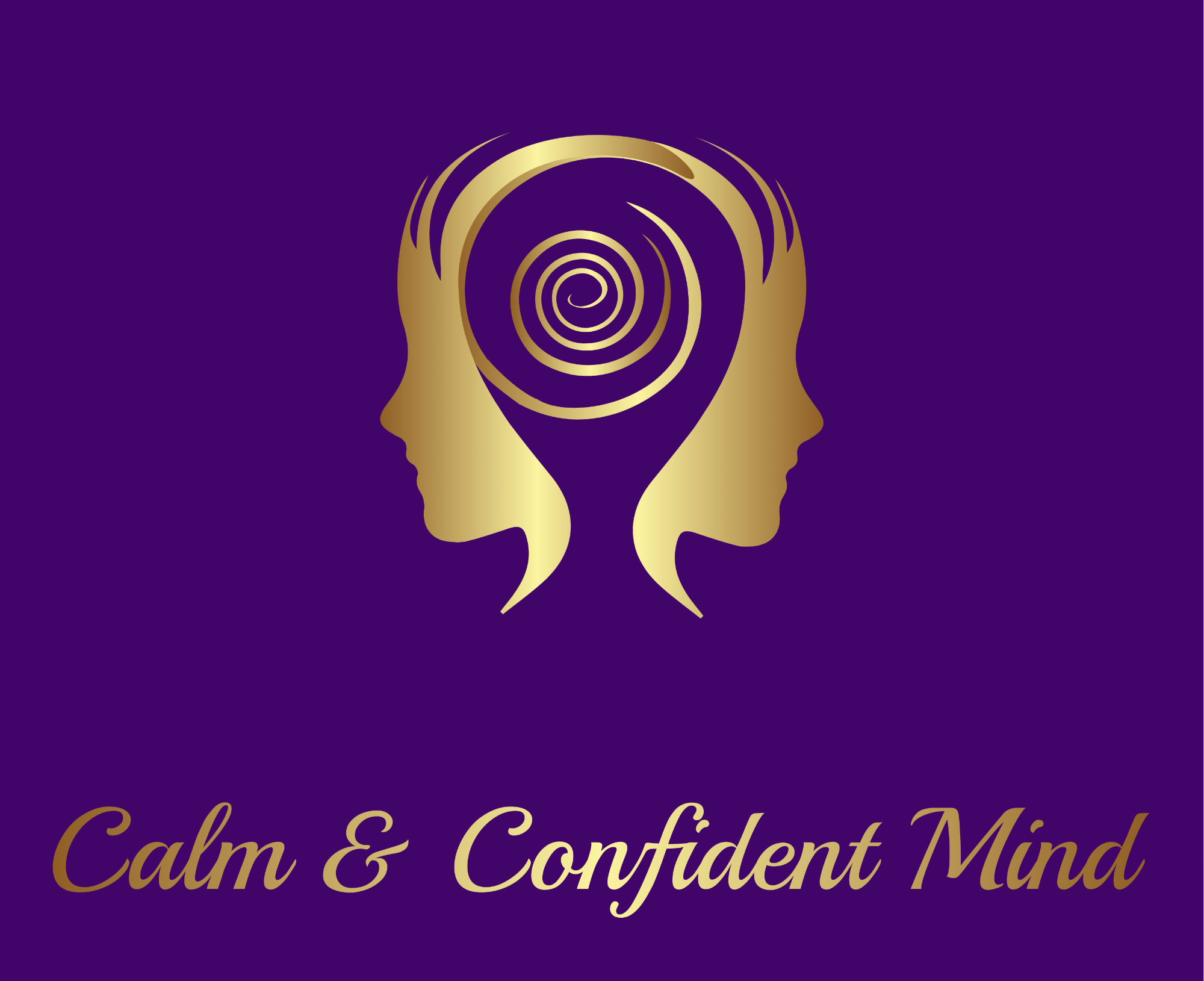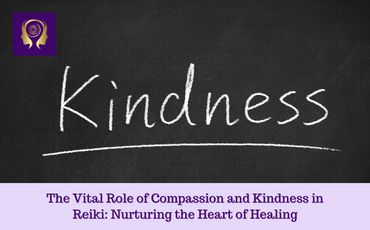Simple 5-Minute Grounding Practices to Calm Yourself During a Busy Day
Posted on

Simple Practices
Busy days can leave us feeling scattered, overwhelmed, and disconnected from ourselves. The good news? You don’t need hours of meditation or a wellness retreat to restore balance. Just five minutes of intentional pause can help you reset, calm your mind, and feel more grounded.
Here are five simple practices you can use anytime, anywhere, even at your desk, to bring yourself back to centre.
1. Hand-on-Heart Breathing
Place one hand gently on your heart, the other on your belly.
• Close your eyes and take three slow, deep breaths.
• Notice the rise and fall of your chest and stomach, letting your breath anchor you.
This acts as a quick reset that brings you back into your body and out of racing thoughts.
2. Grounding Through the Feet
Sit or stand with both feet firmly on the ground.
• Imagine roots (like that of a tree) extending from your feet deep into the earth, anchoring you.
• Take a few slow breaths, focusing on the sensation of stability beneath you.
This can bring an instant sense of strength and steadiness, especially helpful before stressful conversations or meetings.
3. Destress Sweep
• Hold your hands a few inches above your head.
• Slowly sweep them down your body, as if brushing away invisible tension.
• Visualize stress and worry being swept away as you move from head to toe.
- Imagine it then flowing from your toes, into the ground to be transmuted.
This aims to calm and assist in clearing mental clutter in minutes.
4. Solar Plexus Confidence Boost
• Place your hands just above your navel (solar plexus area).
• Breathe deeply and imagine a warm golden light expanding outward.
• Repeat silently: “I am capable. I am calm. I am confident.”
This is a quick boost of empowerment, especially when feeling anxiety or overwhelm.
5. Gratitude Pause
• Place your hands together, as if in a prayer position at your heart.
• Silently thank yourself for pausing, for showing up, connecting with yourself, and for being present.
• Think of one thing you’re grateful for right now.
This aims to create a shift from stress to appreciation, helping you carry positivity into the rest of your day.
These five-minute practices are simple yet affective, powerful ways to ground yourself during busy days.
Embrace the small pauses where you reconnect with your energy and mindset.
If you find yourself struggling with deeper patterns of overwhelm or fear, holistic approaches like Reiki and Sound therapy may help restore harmony, while hypnotherapy aims to gently reprogram limiting beliefs. Together, they offer a pathway to lasting calm, confidence, and clarity.
Imagine carrying this sense of calm into every area of your life, that’s the gift of combining practical grounding with deeper healing work.
Explore our holistic services designed to support your wellbeing.
If you wish to explore Reiki then you can find out more about our Reiki services here.
If you feel inspired to smashed those limiting beliefs, then you can find out more about our Hypnotherapy services here.
Disclaimer: This is not advice, it is purely advertising services. The service we offer is complementary, we always recommend seeking advice from a medical professional. Everyone's experience is unique. As with all complementary services, we are not able to guarantee results.


